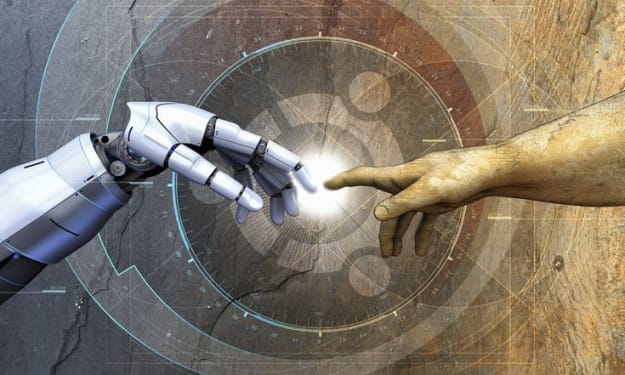The Simpson's Real Fantasy
Predictions

The Simpsons, an animated television series created by Matt Groening, is known for its satirical portrayal of various aspects of society, including politics, technology, and popular culture. Over the years, The Simpsons has made several predictions that appeared to have come true in real life, leading to the show's reputation for its supposed "predictions." The Springfield family, who live in Springfield, a town in an unspecified U.S. state, are the main subject of this enduring animated comedy. Homer, the patriarch of the Simpson household, is not your standard family man. He works at a nuclear power plant and tries to lead his family, but he frequently discovers that they are leading him.
However, it is important to note that these apparent predictions are often coincidental or exaggerated by fans. The Simpsons employs humor and satire to comment on contemporary issues, and sometimes these jokes align with future events in unexpected ways. Some notable examples of these so-called predictions include:
Donald Trump's Presidency: In a 2000 episode titled "Bart to the Future," The Simpsons depicted Lisa Simpson as the future President of the United States who inherited "quite a budget crunch" from her predecessor, Donald Trump. While Donald Trump did become the President of the United States in 2016, it is important to note that his political aspirations were well-known before the episode aired.
Smartwatches: In a 1995 episode titled "Lisa's Wedding," The Simpsons showcased a futuristic device that closely resembled a smartwatch. At the time, smartwatches were not commercially available, but they have since become a popular consumer product. However, the concept of a wrist-worn communication device had been a staple of science fiction long before The Simpsons.
Siegfried and Roy Tiger Attack: In a 1993 episode titled "$pringfield (Or, How I Learned to Stop Worrying and Love Legalized Gambling)," The Simpsons depicted characters based on Siegfried and Roy, the famous illusionists, being attacked by their white tiger. In 2003, a real-life incident occurred where Roy Horn was mauled by one of their white tigers during a live performance. It is worth noting that Siegfried and Roy's act involved dangerous animals, making it a potential subject for satire.
These examples, among others, have led to the perception that The Simpsons has an uncanny ability to predict future events. However, it is important to recognize that the show has been running for over three decades, producing hundreds of episodes that touch on various topics. With such a vast amount of content, it is statistically probable that some jokes or scenarios will accidentally align with future occurrences.
In conclusion, while The Simpsons have made some references that appear to predict future events, these instances are often coincidental and should not be taken as deliberate prophecies. The show's writers employ humor and social commentary to entertain their audience, and occasionally their satirical jokes inadvertently intersect with real-world events.
The perception that The Simpsons has made real predictions is largely a result of coincidence and cherry-picking. The show has been running for over 30 years and has produced hundreds of episodes, each filled with jokes, cultural references, and satirical commentary on various topics. With such a vast amount of content, it's inevitable that some of their jokes or scenarios will accidentally align with future events.
When a real-life event occurs that bears some resemblance to a joke or scenario depicted in The Simpsons, it grabs attention and creates the perception of a prediction. People tend to remember the instances where The Simpsons seemingly predicted something correctly but may overlook the countless times when their predictions didn't come true.
Additionally, The Simpsons often satirize well-known personalities, cultural trends, and societal issues. As a result, it's not surprising that some of the things they parody eventually happen in real life. The show's writers have a keen eye for observing and commenting on the world around them, which can create the illusion of prophecy.
It's essential to approach these perceived predictions with skepticism and critical thinking. The Simpsons is a fictional animated comedy show, not a genuine predictor of the future. While it's intriguing when their jokes align with reality, it's important to recognize that it is usually coincidental and not evidence of any supernatural abilities.






Comments
There are no comments for this story
Be the first to respond and start the conversation.